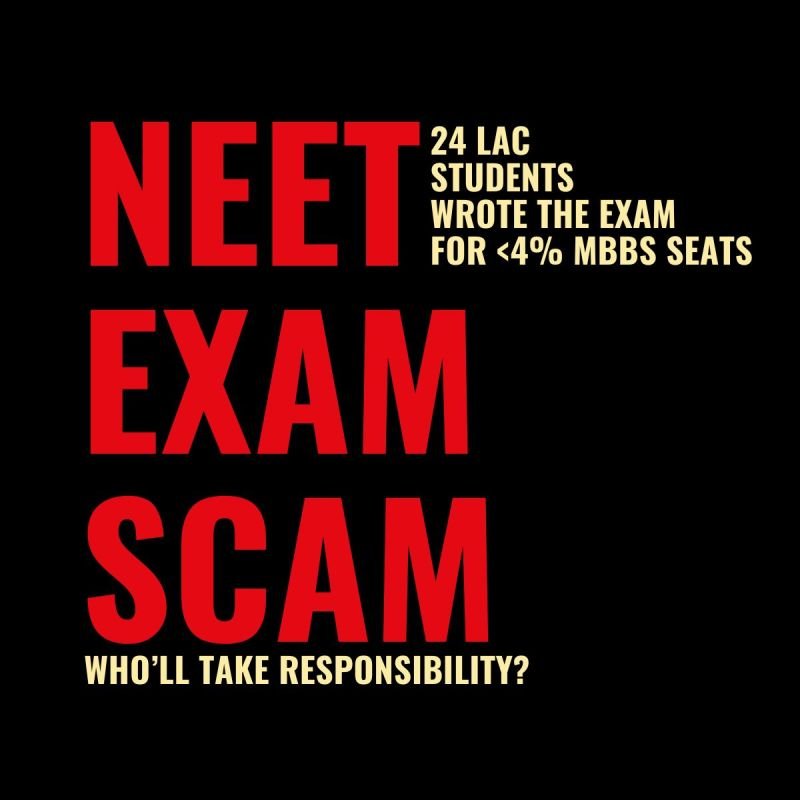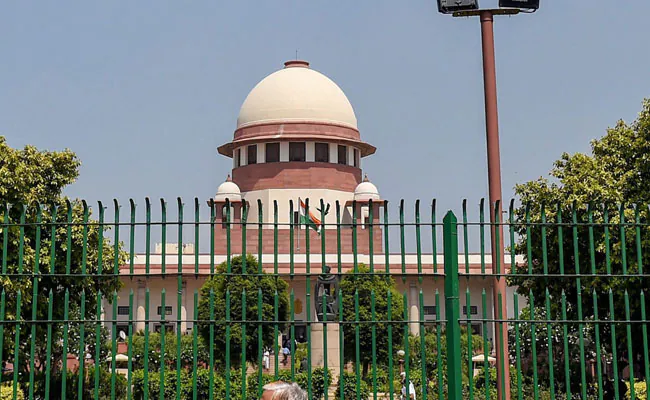MBBS Exam Scam : The recent scandal surrounding the MBBS examinations has drawn considerable attention due to alarming reports that students were allegedly rewriting their answer sheets at an employee’s residence, thus evading the legitimate examination protocols. This incident has brought to light significant concerns about academic integrity within the medical education system, which is foundational to producing competent healthcare professionals.
The implications of such actions are profound, as they can heavily undermine the entire educational framework. Medical examinations are designed not only to assess knowledge but also to gauge the ethical standards and professionalism expected from future doctors. The idea that students could manipulate their answers outside the formal examination setting raises questions about their preparedness to handle real-world medical scenarios where integrity and trust are paramount.
The Mechanics of the Scam: How It Happened
The orchestration of the MBBS exam scam reveals a sophisticated operation that involved multiple players and a carefully planned strategy to circumvent academic integrity. Central to this fraudulent activity was the collaboration between the students and specific employees who facilitated their efforts. The students leveraged personal connections with these employees to gain unauthorized access to resources that would aid in the rewriting of their answer sheets.
Initially, students were able to secure exam questions either through illicit means or prior insights, enabling them to prepare answers ahead of the official examination. On the day of the exam, after initial invigilation, these students discreetly left the examination hall, armed with packets containing their pre-prepared answers. The pivotal moment occurred when students were transported to an employee’s residence, where arrangements had been made for them to rewrite their responses without the supervision of examiners.

The logistics of the operation also extended to the use of technology. Communication through encrypted messaging applications allowed participants to coordinate their movements and synchronize their actions in real time. This allowed students to text their status and update their progress during the rewriting process, demonstrating a well-oiled network of participants. Additionally, technology aided in the potential alteration or fabrication of exam papers, making it easier for students to present revised and embellished answers back to the examination authorities.
Moreover, the race against time added an adrenaline element to the scheme. Students had a limited time window to rewrite their answers, making efficiency critical. This urgency was managed through strategic planning and the employment of a dedicated team responsible for overseeing the rewriting sessions, ensuring that everything proceeded according to their pre-established timeline. Ultimately, this case sheds light on a troubling breach of ethics that undermines the credibility of the educational system.
Consequences and Repercussions of the Scandal : MBBS Exam Scam
The recent scandal involving the MBBS examination has unveiled significant repercussions for all parties involved. Discussions surrounding disciplinary actions against the students who partook in the unethical practice of rewriting answer sheets reveal the gravity of the situation. Educational institutions have taken a stern stance, leading to the expulsion of those implicated in the cheating scheme. Furthermore, disciplinary reviews are underway for educators and institutional staff who may have facilitated or overlooked the severity of this malpractice, highlighting accountability at all levels within the educational structure.
Legal implications are also becoming evident as authorities have initiated investigations. Those responsible for orchestrating the scheme may face criminal charges, which could include fraud and conspiracy. Such developments serve as a reminder of the potential legal consequences of compromising academic integrity. The ramifications extend beyond individual accountability; the entire examination process, already under scrutiny, faces renewed skepticism regarding its credibility.
The impact on public trust in the medical examination process is profound. Patients rely on the integrity of medical professionals to ensure their well-being, and incidents of cheating compromise this trust. The scandal may deter prospective students from pursuing medical education, fearing that the admission process may itself lack credibility. Additionally, universities could see a drop in applications due to the negative publicity surrounding this incident.
Broader implications may prompt significant policy changes within medical education. Institutions are likely to reevaluate their examination protocols and oversight measures to prevent similar occurrences in the future. It is crucial for the medical field to restore faith among stakeholders, including students, educators, and the public, in the legitimacy and integrity of medical examinations. Moving forward, vigilance and transparency will be essential in rebuilding the credibility of the medical profession.
Preventative Measures and Future of Medical Examinations
The issue of cheating in medical examinations, highlighted by recent scandals such as the MBBS exam scam, requires immediate and effective preventative measures to ensure the integrity of the assessment process. One primary strategy involves implementing stricter oversight during examinations. This could include increasing the number of exam proctors, conducting random identity checks, and utilizing multiple versions of test papers to minimize the chances of collaboration among students. By raising the threshold for oversight, institutions can significantly reduce opportunities for unethical conduct.
Furthermore, the integration of technology in monitoring during exams is a promising avenue for enhancing accountability. Institutions could adopt advanced surveillance systems, including video monitoring and biometric identification, to secure exam environments. Additionally, the use of software that detects suspicious patterns in exam answers can serve as an early warning system, allowing educators to address potential cheating promptly. Such technological interventions not only create a more secure testing environment but also instill a sense of serious commitment among students toward their examinations.
Moreover, educational reforms focusing on cultivating academic integrity are essential in molding future healthcare professionals. Institutions can establish honor codes that underpin the values of honesty and accountability within academic settings. Workshops and seminars about professional ethics can foster a culture where integrity is prioritized over mere success. Engaging students in discussions about the implications of malpractice in the medical field can further reinforce the importance of ethical behavior.
Lastly, creating an overall environment of support and transparency is crucial. Encouraging open dialogue regarding examination pressures and providing resources for coping strategies can help students resist the temptation to resort to dishonest means. By making integrity a core pillar of medical education, institutions can ensure that prospective medical professionals are not just knowledgeable, but also uphold the highest ethical standards in their future roles within the healthcare system.





